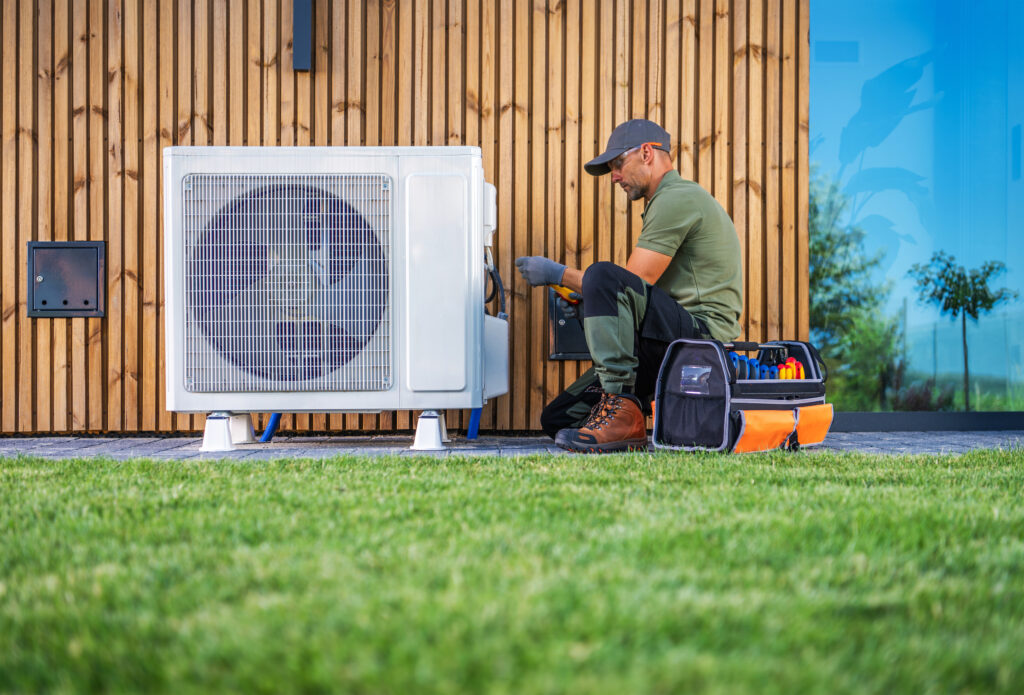When it comes to heating your home in Ontario, the choice between a central heat pump and a central furnace can make a significant impact on your comfort, energy bills, and environmental footprint. With the province’s cold winters and rising energy costs, homeowners are increasingly weighing their options. Let’s break down the pros and cons of each system to help you make the most informed decision.
Yes—a heat pump can fully replace a furnace, but it depends on your home’s insulation, local climate, and heating needs:


At iCare Home Comfort Inc., we specialize in helping Ontario homeowners find the perfect heating solution tailored to their home and budget. Whether you’re considering a high-efficiency furnace, a cold-climate heat pump, or a hybrid system, our certified technicians and rebate specialists will guide you through the process.
Contact us today to book a free in-home consultation and find out how you can save on energy costs while staying comfortable all year long.
GTA Leading provider of heating, cooling, and water heating and treatment needs for over 15 years.

Get 5% off when you sign up for emails with savings and tips.
© 2024 ICARE HOME COMFORT INC. Design by Tensor Canada | Privacy Policy | Terms and Conditions